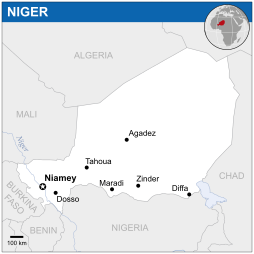When the kidnappers freed Robert Fowler and Louis Guay after a gruelling 130 days of captivity this spring, Prime Minister Stephen Harper expressed his gratitude to a long list of people: presidents, diplomats, allies, even the United Nations.
But he omitted any mention of the most important man of all: the mysterious negotiator from the wilds of the Sahara who brokered the deal that bought the freedom of the Canadian hostages from their al-Qaeda abductors.
It was a crucial omission, and it revealed the distrust and controversy that still swirls around the shadowy negotiator. Did he walk away with some of the money himself? Is he playing both sides? Is he a little too close to the terrorists with whom he bargains?
The questions are unanswered. But every insider admits that the negotiator, Baba Ould Sheik, was the essential man for the job. Since his first hostage deal in 2003, he has been the region's go-to man, the wheeler-dealer with the connections and toughness to haggle with heavily armed terrorists in the sand dunes of the Sahara.
“ I don't regret that I fought for Fowler's liberation, but I'm not happy with Canada. ”
— Baba Ould Sheik
Until now, he has never spoken publicly of his pivotal role in freeing Mr. Fowler and Mr. Guay. He is a man who has always preferred the shadows. But now, in an interview with The Globe and Mail, he describes how he brokered the deal, how he communicated with to the terrorists, how he shared his carpet in the desert with Mr. Fowler, and how he drove through a sandstorm to get the Canadians back to safety.
He also says that he was never thanked by Canada for his three months of work to free the Canadians, and was never compensated for his substantial expenses. Yet he acknowledges that even his own colleagues assume that he was paid – and are accusing him of failing to share the money.
...



 Reply With Quote
Reply With Quote



Bookmarks